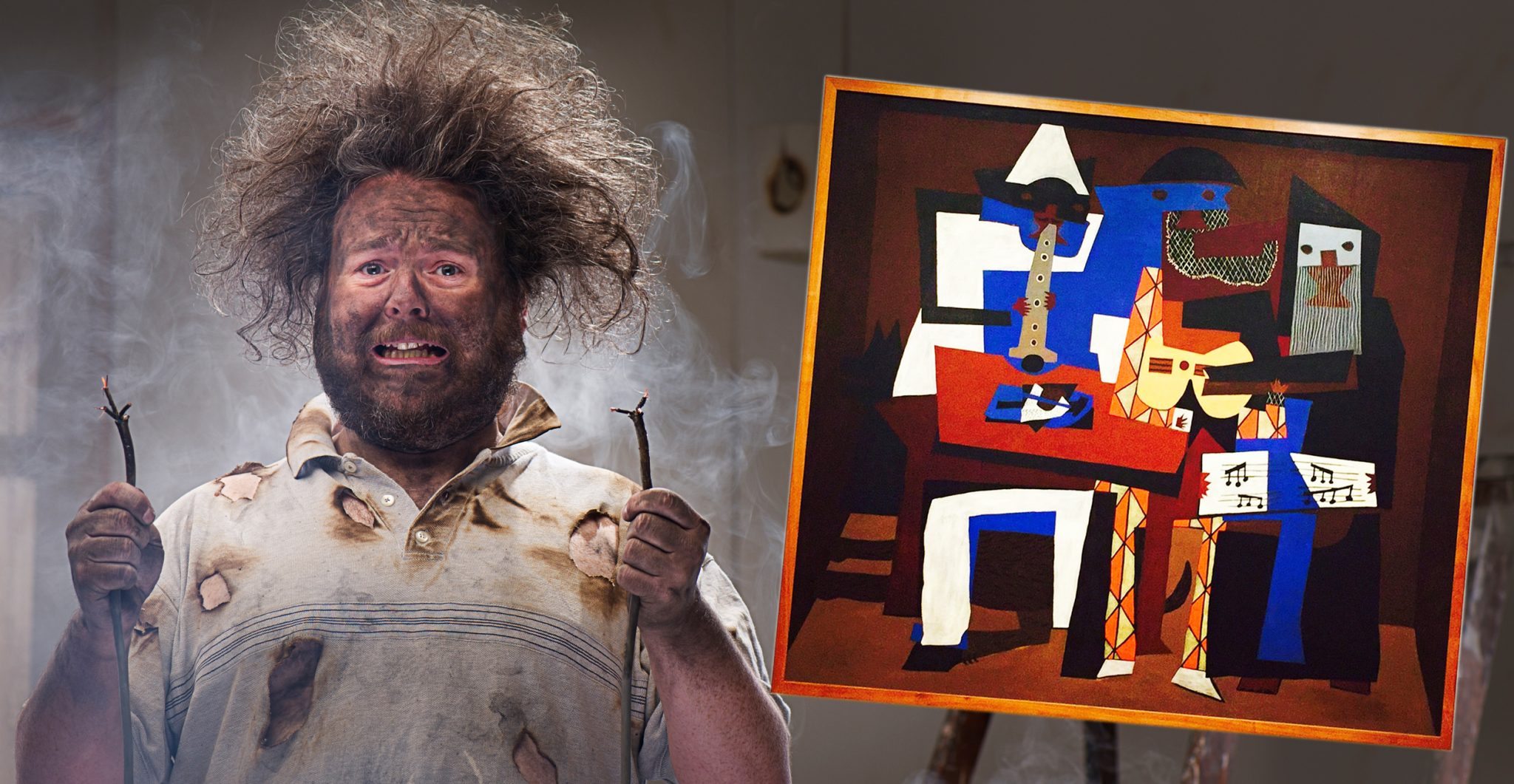For the second time, Pablo Picasso’s former electrician has been convicted of stealing from his famous employer. During the 1970s, Picasso lived in Mougins, France and used electrician Pierre Le Guennec for any electrical problems or odd jobs he needed done in his villa for over fifteen years. In November of 2019, Le Guennec and his wife, Danielle, were convicted of possession of stolen goods having stored 271 portraits, sketches, drawings, lithographs, and collages completed by the iconic artist over forty years.
The 2019 conviction follows an initial conviction in 2016 when the couple was convicted of possessing stolen artwork. The initial conviction was annulled in 2018 by the French High Court which stated that no if no theft was substantiated, they could not be convicted of holding stolen goods, according to The Art Newspaper. A retrial in 2019 found the couple guilty again and reinstated their suspended two year jail sentence.
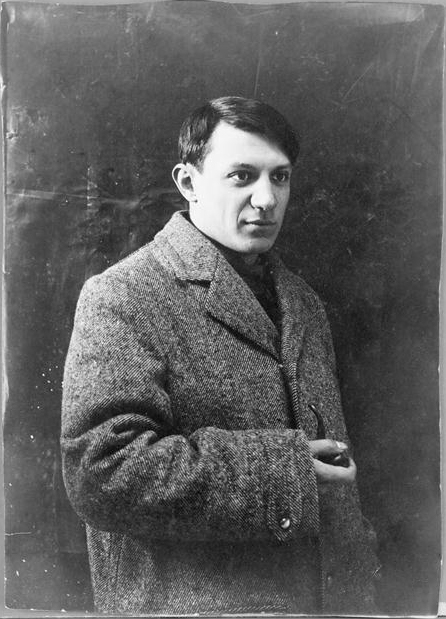
The works were brought in 2010 to Claude Ruiz-Picasso, one of Picasso’s sons, to be authenticated so the Le Guennecs could offer them for sale to pay medical bills. As the only member of the family who is authorized to authenticate, he asked the couple to come to Paris so he could examine the collection. He met with them and looked over the assortment of art. When the Le Guennecs left, he called the police.
Knowing he could not legally take his father’s works from them and they would not willingly surrender the art, he was obliged to use legal means to recover what he believed had been stolen. The couple was soon arrested, and the artworks were seized and taken to the Bank of France, according to a CBS News 60 Minutes investigation.
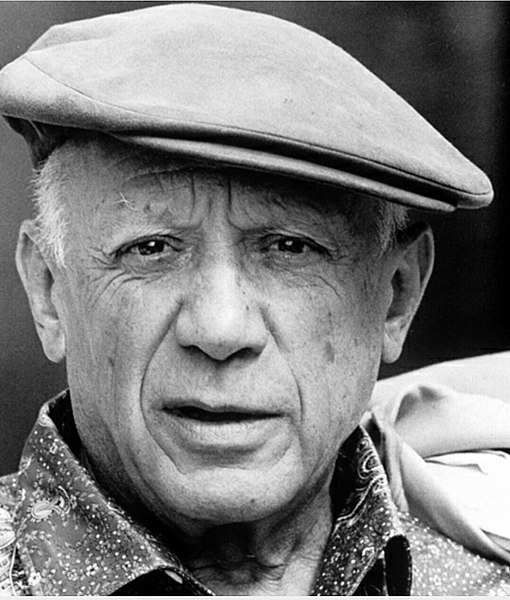
The works were accompanied by a description that a lawyer for the Picasso family, Jean-Jacques Neuer, claims could only have been written by someone with education and years of experience in the art world even though Le Guennec claims to have written every word.
During the trial, Picasso’s electrician Le Guennec reported that the artworks were gifts from Picasso and his wife Jacqueline for being loyal employees, but during the appeal Le Guennec changed his story. He claimed that Picasso’s widow had given him a very large collection of her husband’s work to keep safe after the artist died in 1973 and implied that she was hiding them from her step-son, Claude. Picasso’s retired electrician said that when Madame Picasso came to retrieve the artwork stored in twelve garbage bags, she allowed him to keep one which he stored away in his garage.
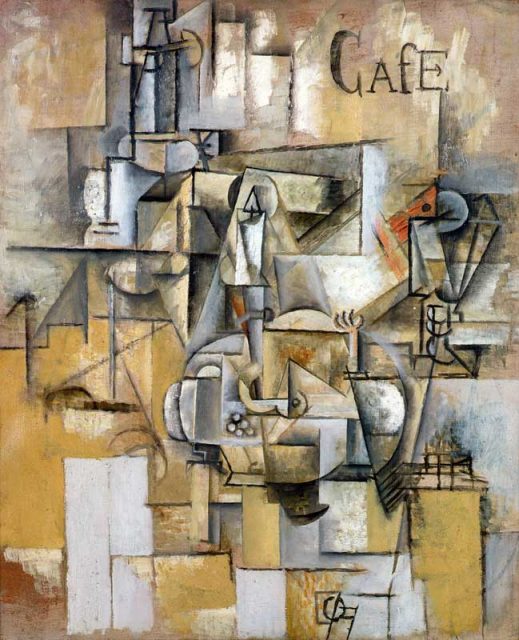
Witnesses during the final trial testified that none of the Picassos would have parted with that many works of art. CBS News 60 Minutes reported on the trial during which Picasso’s daughter, Maya, testified, “My father gave – he gave pretty easily be it money or a sweater, if you were cold. But giving away artworks? No!”
Maya also said that a portrait of Picasso’s first wife, Russian ballerina Olga Khokhlova, which was painted in the early years of their marriage was in the collection and would never have been given away. The majority of the items in the collection were unsigned and undated, and the family said Picasso would never have allowed those out of his studio.
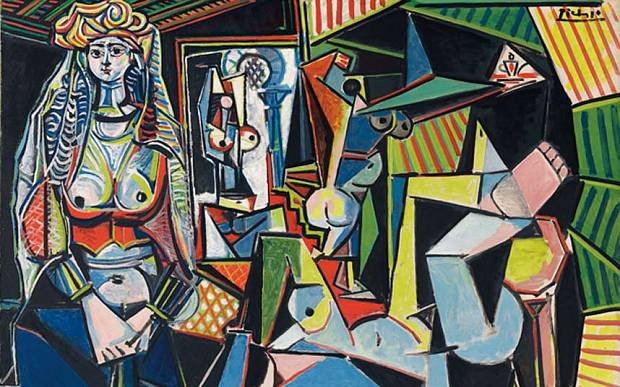
There was, however, a small booklet which Picasso had presented to the couple that was signed which the family says is in character with the type of gifts Picasso would have given a loyal employee; but the attorneys representing the family say Le Guennec is using this token as evidence they were friends and thereby could have received almost anything from the Picassos.
Danielle Le Guennec claimed a very close relationship with Madame Picasso using postcards she had received as evidence and stated she was with her all the until the the end of her life in 1986.
The final ruling in 2019 passed by the Lyon Court is the last for the Le Guennecs. They have exhausted all of the appeals allowed in France but still maintain that they are innocent of theft and were properly given the artworks by Madame Picasso. The collection, which has been returned to the family, is estimated to be worth eighty to one hundred million dollars.
